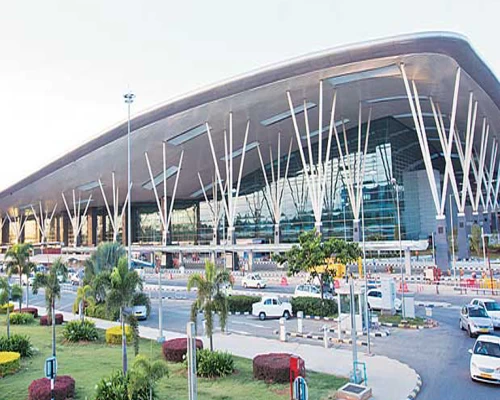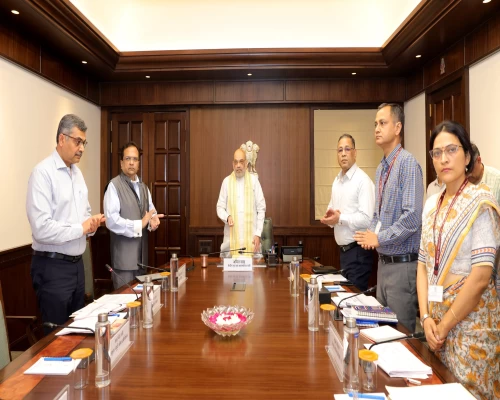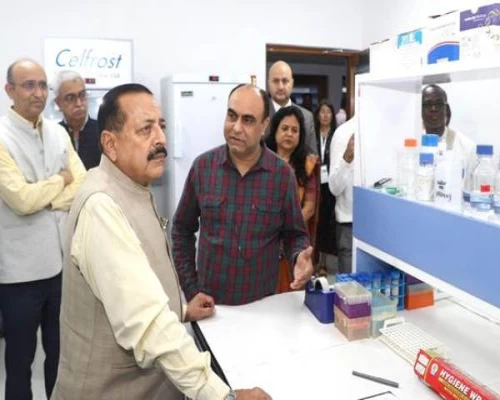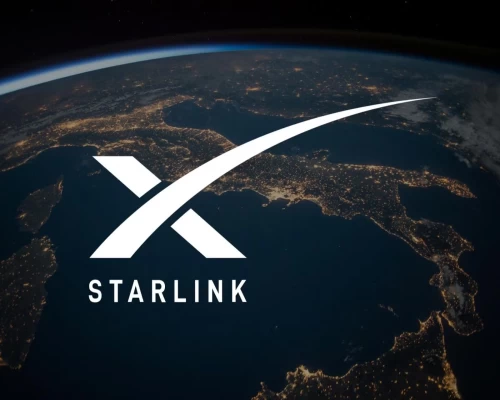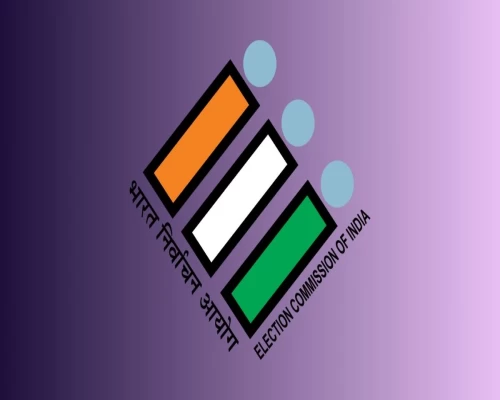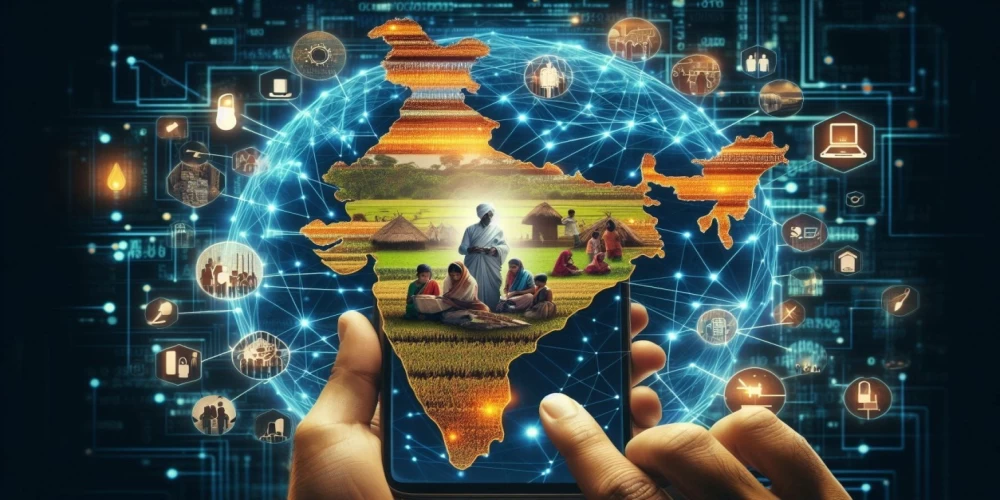
New Delhi: India stands at the forefront of a global digital revolution, with its economy increasingly driven by innovation, connectivity, and technological adoption. Under the visionary leadership of Prime Minister Narendra Modi, the Indian government has prioritized the transformation of the nation's digital landscape, laying the foundation for a robust and inclusive digital economy. This comprehensive strategy encompasses initiatives across governance, public services, infrastructure, and entrepreneurship, making India a global leader in digital adoption.
Digital India: The Cornerstone of Transformation
Launched in 2015, the Digital India campaign embodies PM Modi's commitment to leveraging technology for inclusive growth and governance. The initiative aims to ensure that government services are made available electronically, reduce the digital divide, and encourage a culture of innovation. From digital payments to cloud-based infrastructure, Digital India has laid the groundwork for a modern, technology-driven economy.
Aadhaar and Digital Identity: The Backbone of Inclusion
The Aadhaar program, a hallmark of India’s digital transformation, has revolutionized identity verification and access to government services. With over 138 crore Aadhaar numbers issued, this biometric-based digital ID enables secure, transparent, and efficient service delivery. Aadhaar has also become a key enabler for financial inclusion, linking marginalized populations to banking services, subsidies, and welfare programs.
Unified Payments Interface (UPI): A Financial Revolution
India has emerged as a global leader in digital payments, thanks to the Unified Payments Interface (UPI). Developed by the National Payments Corporation of India (NPCI), UPI has democratized financial transactions, enabling seamless, real-time payments across the nation. As of June 2024, UPI had facilitated over 24,100 crore transactions, making digital payments a part of daily life for millions.
MeghRaj and NIC Cloud: Strengthening Digital Infrastructure
To support the growing demands of digital governance, the government has invested heavily in cloud computing and data storage solutions. Initiatives like MeghRaj and the enhancement of National Informatics Centre (NIC) cloud services have enabled over 300 government departments to host applications on secure cloud platforms. These advancements ensure scalability, security, and efficiency in delivering e-Governance services.
Revolutionizing Public Services with DPI
The concept of Digital Public Infrastructure (DPI) has redefined the delivery of essential services. Flagship platforms such as DigiLocker, Co-WIN, and UMANG exemplify India's ability to create scalable, citizen-centric solutions. For instance, DigiLocker has transformed document verification with over 37 crore users accessing secure, digital copies of their credentials.
Education has also benefited significantly, with platforms like DIKSHA delivering over 556 crore learning sessions, enabling remote education at an unprecedented scale.
Common Services Centres (CSCs): Empowering Rural India
The Common Services Centres (CSCs) initiative brings the benefits of digital transformation to rural and semi-urban areas. With over 5.84 lakh CSCs operational, these centers deliver a wide range of services, including financial transactions, telemedicine, and educational support, bridging the digital divide.
India Stack and Global Leadership
India Stack, an open-source platform combining Aadhaar, UPI, DigiLocker, and more, has garnered international recognition as a model for digital innovation. By providing open APIs and interoperable platforms, India Stack has not only empowered Indian citizens but has also inspired countries in the Global South to adopt similar frameworks for digital governance.
Boosting Entrepreneurship and Skill Development
The government’s focus on fostering innovation has given rise to numerous programs supporting startups and skill development. The Skill India Digital Hub (SIDH) trains individuals for the digital economy, while initiatives like Start-Up India nurture entrepreneurial talent. These efforts are complemented by a robust patent regime and simplified compliance processes, attracting global investment and collaboration.
Digital Health and Justice for All
The digital transformation extends to healthcare and justice delivery through platforms like eSanjeevani (telemedicine) and e-Courts (judicial services). These platforms exemplify the government’s commitment to accessibility, ensuring that essential services reach every corner of the country.
India's digital economy is a reflection to the power of visionary leadership and strategic investments. Under PM Modi's stewardship, the nation has not only embraced technology but also positioned itself as a global pioneer in digital governance and innovation. With its focus on inclusivity, scalability, and citizen empowerment, India’s digital journey offers a blueprint for the world, particularly for developing nations seeking to leapfrog into the digital age.
As India continues to enhance its digital capabilities, the country's transformation resonates as a story of ambition, resilience, and innovation, firmly establishing its role as a leader in the global digital economy.
Source: PIB




